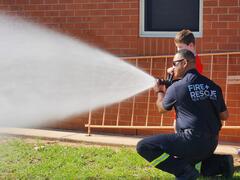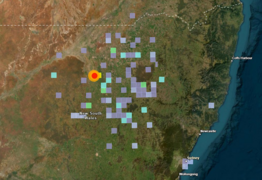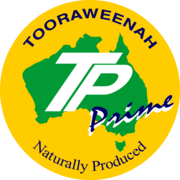Debate heats up over feral animal control measures
Kristin Murdock
02 June 2025, 3:40 AM
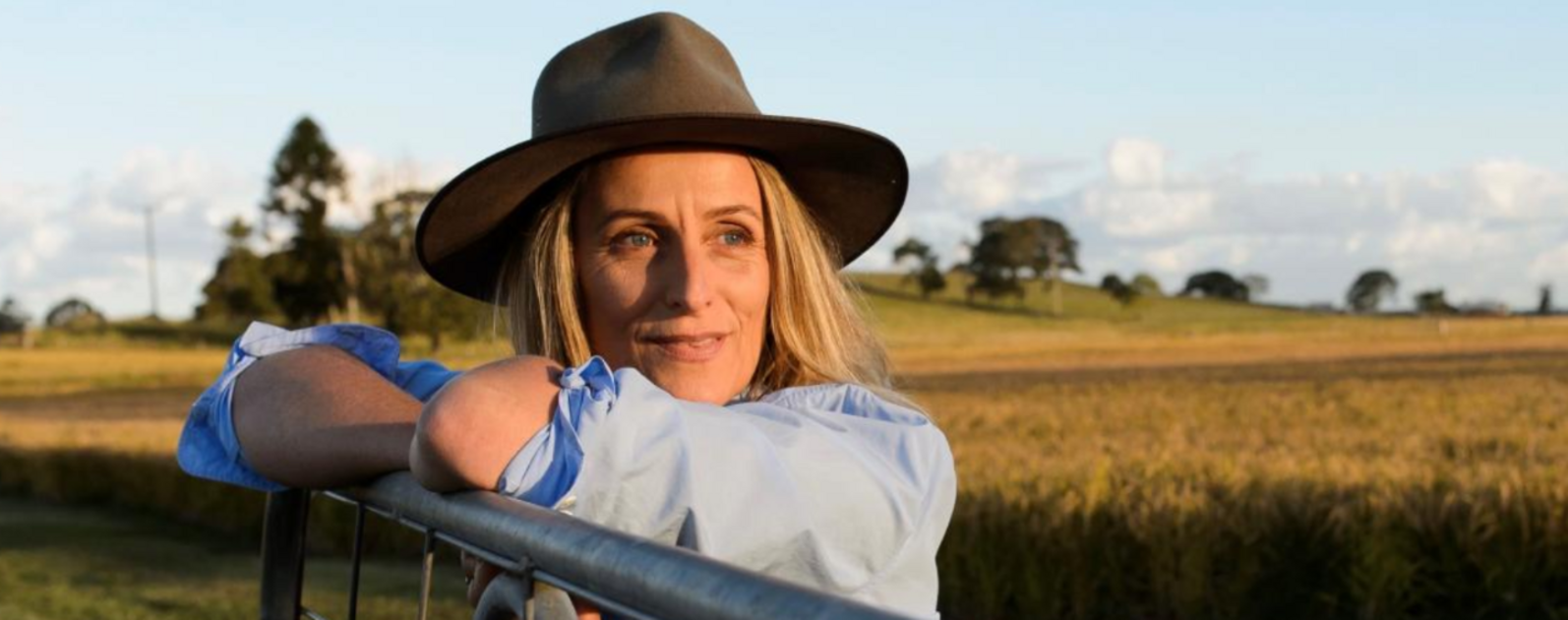 Sue Higginson, MP for The Greens has joined the debate on feral pest management
Sue Higginson, MP for The Greens has joined the debate on feral pest managementAs feral animal numbers continue to cause widespread damage to agriculture and biodiversity across New South Wales, the State Government’s approach to controlling these pests has ignited strong
responses from both farming advocates, hunters and environmental groups.
NSW Farmers have welcomed Premier Chris Minns’ comments suggesting that the government may consider measures such as bounties to manage feral animal populations, particularly pigs, which cause millions of dollars in damage annually, and are a huge issue in the Western Plains.
NSW Farmers President Xavier Martin said feral animals remain a major concern for rural communities.
“The problem of feral animals, such as pigs, is an escalating concern for farmers, and we would welcome a shared responsibility, including additional funding, to control these nasty pests,” Mr Martin said.
“Feral pigs attack people and animals, destroy paddocks and fences – they are incredibly destructive.
“It’s not just pigs, wild dogs and cats remain perennial problems, and feral deer are an increasing concern.”
Mr Martin stressed the need for a collaborative approach.
“Online commentators who suggest we don’t need additional efforts in this area are seriously out of touch with the realities of the landscape,” he said.
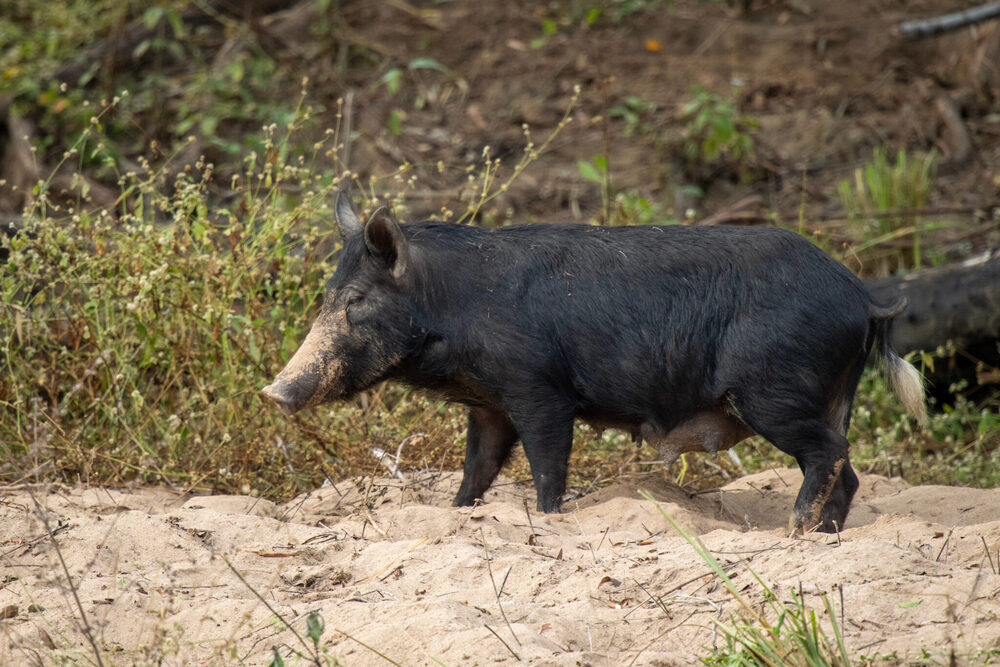
Feral pigs are just one species creating havoc in rural landscapes.
According to the Australian Bureau of Statistics, NSW has the highest number of feral mammal species in the nation, costing the agriculture sector hundreds of millions of dollars in damage and productivity losses annually.
Mr Martin welcomed any new initiatives that would boost coordinated pest control programs.
“We know animal pests are expected to cause damages in excess of $489 million annually by next year,” he said.
“That’s a staggering amount of money, and that’s why we welcome the Premier’s approach to look at every option.”
However, the suggestion of bounties has drawn fierce criticism from NSW Greens MP Sue Higginson, who labelled the move a political backflip driven by a deal with the Shooters Party.
The Greens do not agree
“This is not pest control, it’s political theatre,” Ms Higginson said.
“There is no science behind this decision, no integrity, and no evidence it will work.
"The Government is choosing to bankroll hobby shooters while ecosystems suffer.”
Ms Higginson accused the Government of undermining decades of progress in evidence-based environmental management.
“This deal is part of a closed-door arrangement with the Shooters Party, a political culture that has no actual understanding of the environment.”
She warned that bounties would not solve the invasive species crisis.
“This won’t protect stock, it won’t restore degraded land, and it won’t address the root of the problem," she said.
"It’s more noise from a government with no real connection to the land.”
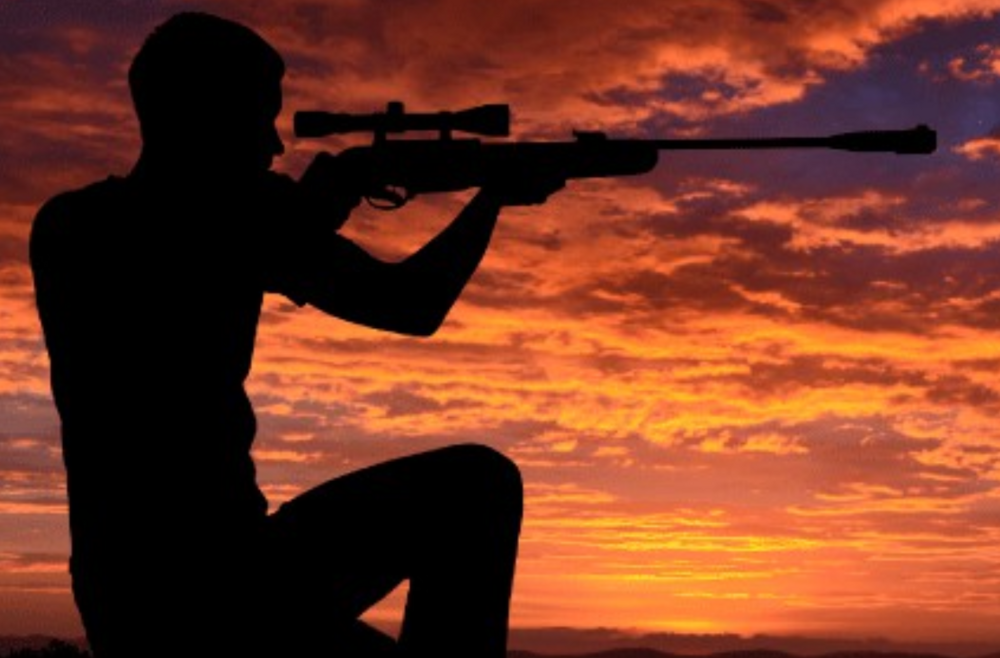
Are bounties the answer to the feral pest problem? Opinion is divided... (Image: Invasive Species Council)
State member for Barwon Roy Butler has backed calls for a bounty on feral animals to be added to the arsenal for combating the spread of destructive species.
"I have always said the NSW Government needs to back a bounty for feral animal control," Mr Butler said.
"The Australian Pig Doggers & Hunters Association (APDHA) and NSW Farmers have run an incredibly successful trial, and I believe a bounty should be part of a holistic approach to pest control in NSW.
"No one method is enough."
Mr Butler says the pathway for farmers and landholders to apply for authorised campaigns needs to be simplified.
"We need to ensure our farmers are equipped with the hardware, such as category D firearms, and LLS supplied traps, to manage pests as is their legal obligation on their land.
"I will be working with the Government and relevant stakeholders to get this happening."
The APDHA have congratulated their members and NSW Farmers (Tottenham branch) who got pig bounties on the ground in January with a localised trial that "yielded more than 1400 animals."
"APDHA reps planned it, APDHA members caught the pigs and we will continue to argue for the $20 a snout payout for all NSW pig hunters to encourage them to up their already top level efforts in that State," the APDHA said on social media.
Not all farmers see bounties as the best use of taxpayer funds or the most effective control method.
One western plains landholder who recently participated in an aerial cull of feral pigs on a group of properties west of Coonabarabran said there were a number of factors to consider.
"Basically the chopper pig shooting service we paid for privately shot 389 pigs in four hours at a cost of $5578," they said.
"The equivalent cost in snout bounty would have been $7780 to the government."
They raised the risk of pig hunters contracting diseases from their prey when they handle the animals to tag or cut the snouts.
"A local teacher has also commented that it will encourage parents and kids to be out pigging on school nights," they said.
A Local Land Services spokesperson clarified that the NSW Government has not announced any bounty program.
In the meantime, the APDHA is currently urging people to sign up to be part of a further trial.
"We aren’t there yet but you can bank on the improved data on pig hunter effectiveness generated by participants in the first Great Australian Pig Hunt being a factor in the new way pig hunters are viewed," a spokesperson said.
"So don’t stop now. Sign up for the next data gathering project starting on Sunday.’’
As debate continues, one point of agreement remains: feral animals are a growing threat to both agriculture and biodiversity in NSW.
The challenge now lies in choosing the right balance between political lobbying, community collaboration, and scientific evidence to drive long-term solutions.
